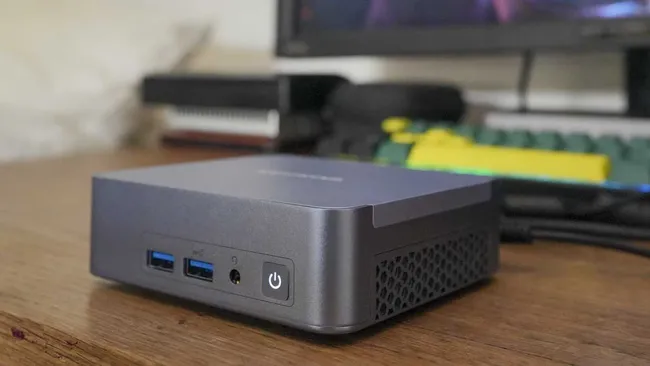Updating the BIOS (Basic Input/Output System) on a Windows computer can improve system stability, fix bugs, and add hardware compatibility. However, it should be done carefully—an incorrect update can cause system issues. Here’s a step-by-step guide:
1. Check Your Current BIOS Version
- Press Windows Key + R → type
msinfo32→ press Enter. - In the System Information window, look for BIOS Version/Date.
- Note the manufacturer (e.g., Dell, HP, ASUS, Lenovo) and version number.
2. Find the Correct BIOS Update
- Go to your computer/motherboard manufacturer’s official support website.
- Search using your PC model or motherboard model.
- Compare the latest BIOS version available with the version you have.
⚠️ Only download BIOS updates from the official manufacturer’s website.
3. Prepare for the Update
- Backup important data (just in case something goes wrong).
- Plug in your laptop charger (if using a laptop).
- Close all running applications.
- Some updates require a USB drive formatted as FAT32.
4. Update Methods
Different manufacturers provide different update tools:
Option A: From Windows (Manufacturer Utility)
- Many vendors (Dell, HP, Lenovo, ASUS) provide an EXE installer that runs directly in Windows.
- Download and run the file → follow on-screen instructions → system will reboot and update BIOS automatically.
Option B: Using BIOS/UEFI Flash Utility
- Restart your computer and enter BIOS/UEFI (usually F2, F10, DEL, or ESC at boot).
- Look for EZ Flash / Q-Flash / M-Flash / BIOS Update utility.
- Insert your USB drive containing the downloaded BIOS file.
- Select the file and follow prompts to update.
5. After the Update
- The computer will reboot automatically.
- Enter BIOS again to verify the new version is installed.
- Check that system settings (boot order, XMP, etc.) are still correct.
✅ Tips:
- Do not interrupt the update (no restarts, no power loss).
- If everything is running fine, updating BIOS is optional—only update if you need fixes or new hardware support.



